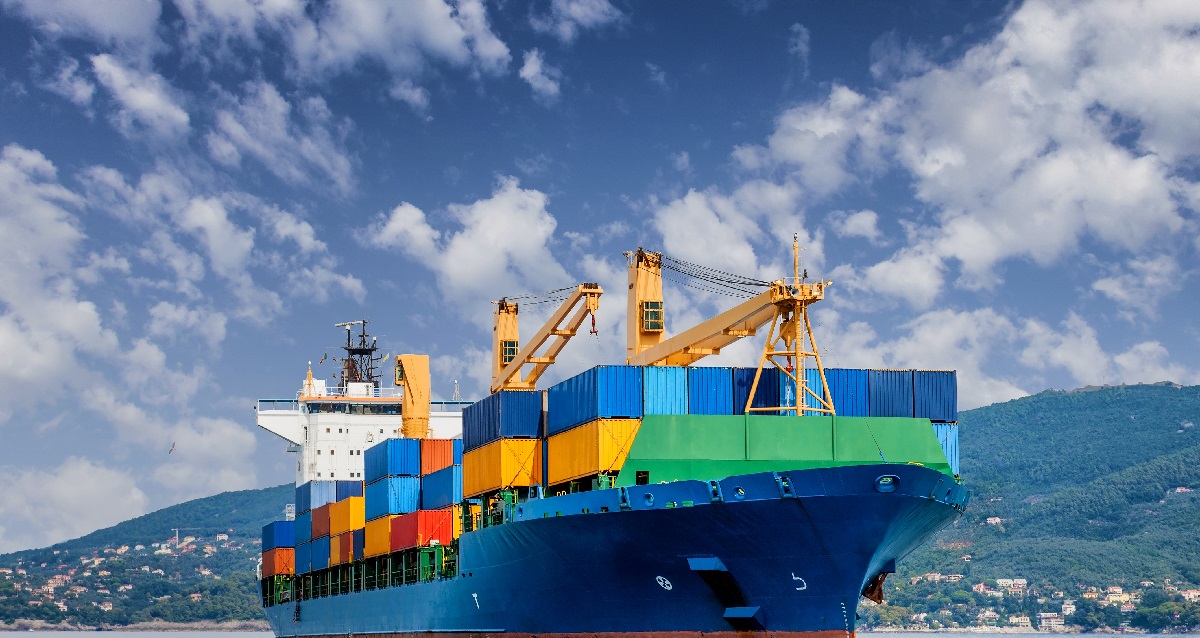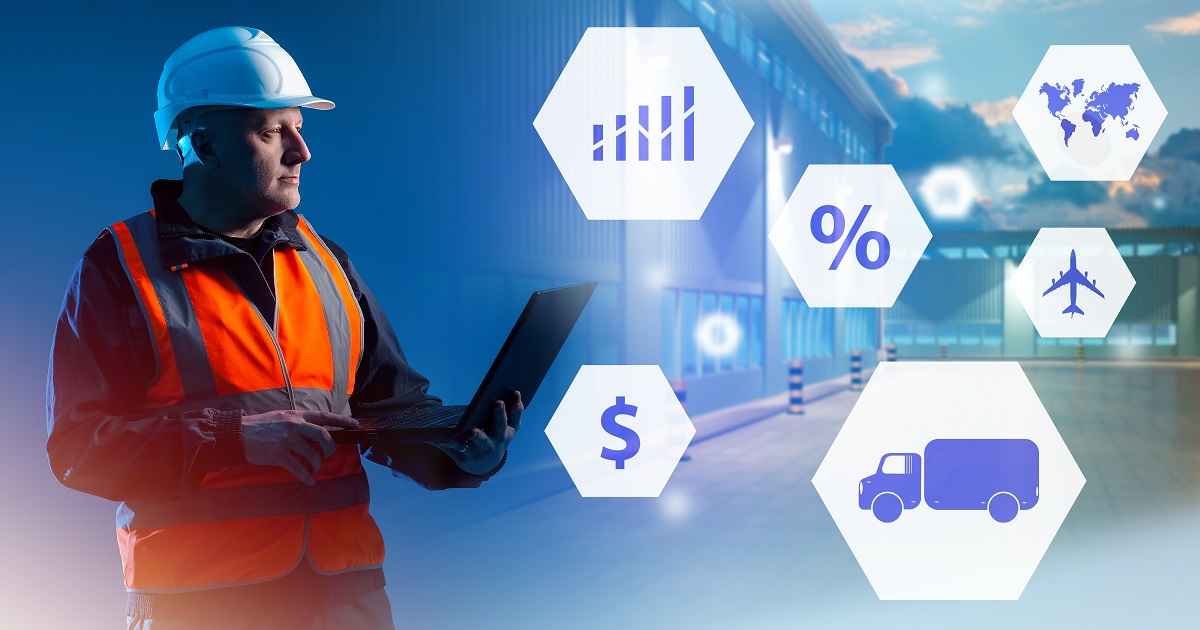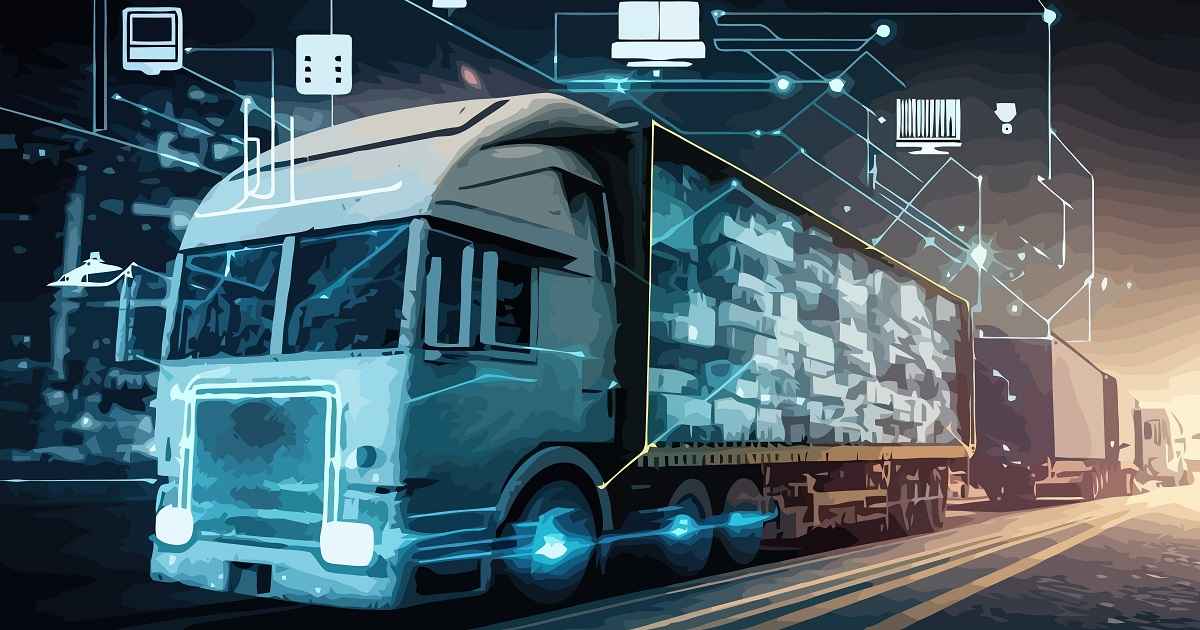
Freight, Supply Chain
Kuehne+Nagel | January 08, 2024
The new year starts with electrifying news as Kuehne+Nagel announces its Book & Claim insetting solution for electric vehicles. This makes Kuehne+Nagel the first logistics service provider to launch this solution, which previously was limited to low-emission fuels. Implementing decarbonisation solutions and helping customers achieve their sustainability goals is a key component of Kuehne+Nagel’s Roadmap 2026 Living ESG cornerstone.
Developing Book & Claim insetting solutions for road freight was a strategic priority for Kuehne+Nagel. Last October, it launched an insetting solution for HVO—now followed by electric vehicles. The first-of-its-kind solution has been tested and validated in cooperation with leading external stakeholders.
Customers who use Kuehne+Nagel’s road transport services can now ‘claim’ the carbon reductions of electric trucks when it is not possible to physically move their goods on these vehicles. Reasons for that could be insufficient charging infrastructure or a limited driving range and payload. The solution helps to bridge those challenges which today still limit the deployment of electric trucks.
“We see battery-Electric Vehicles (BEVs) as the future to reduce emissions in road freight. Carbon insetting supports the scale-up of low-emission solutions like BEVs and helps to reduce the premium that customers pay for these solutions, thereby supporting the decarbonisation of road transport,” says Hansjörg Rodi, Member of the Management Board at Kuehne+Nagel International AG, responsible for Road Logistics.
For now, only Kuehne+Nagel’s owned BEVs are part of the Book & Claim offer to keep full control and transparency over the accuracy of the data that is used in the calculations. However, the team aims to expand the solution to BEVs operated by its partners so that it can support them in their fleet electrification journeys too. “Purchasing electric trucks can be a heavy financial burden, especially for smaller carriers. Including carriers in our solution requires further complex developments in the accounting methodology, but it would help them to finance their transition. This is our next priority,” concludes Rodi.
Read More

Supply Chain
Trimble Inc | November 08, 2023
Ferguson joins Trimble Supplier Xchange, streamlining the construction supply chain.
Trimble's Supplier Xchange handles 10,000+ digital connections, 18B in monthly quotes.
This integration automates pricing info to purchase orders, reducing errors and streamlining workflows.
Trimble, a leading technology, software, and services solutions provider for the architecture, engineering, and construction (AEC) industry, and Ferguson have recently announced a significant development in the construction supply chain. Ferguson locations nationwide have officially joined the Trimble Supplier Xchange digital pricing and procurement network. This development marks a pivotal step and further digitalizes and streamlines construction supply chain operations, benefiting both mechanical and commercial customers. Furthermore, it enhances efficiency between construction teams and their most crucial business partners.
Trimble's Supplier Xchange network currently facilitates over 10,000 digital connections between specialty subcontractors and their preferred suppliers. It handles an impressive average of 130,000 quote requests every month, with an average total value of USD 18 billion per month.
The integration between Ferguson and Supplier Xchange enables contractors to access up-to-date, contracted pricing information and seamlessly convert it into a purchase order (PO). This PO flows directly into the contractor's Enterprise Resource Planning (ERP) system, ensuring that the order is placed and financially accounted for in the ERP system without delay. This streamlined process significantly reduces the time required and minimizes errors typically associated with manual data entry, thanks to the automatic synchronization of the purchase order.
By becoming a part of the Supplier Xchange network, Ferguson, a prominent commercial mechanical distributor in the United States, is proactively addressing the common pain points faced by contractors in their day-to-day workflows.
Tom Sullivan, Commercial Construction Services and Technology Director at Ferguson highlighted that prioritizing digital connections with their customers was of utmost importance. He explained that as their customers are increasingly looking for ways to cut costs and enhance efficiency, accuracy, and timeliness, Supplier Xchange would empower them to offer real-time customer-specific information. This would effectively reduce the manual processes and time needed in the workflows related to estimating, Virtual Design and Construction (VDC), purchasing, project management, and accounting.
The official announcement took place at Trimble Dimensions 2023, where both Ferguson and Trimble are showcasing the Supplier Xchange network.
Trimble Construction Management Solutions' Vice President and General Manager Lawrence Smith emphasized that it had never been more crucial to integrate technology solutions to enhance the speed, accuracy, and seamlessness of information sharing across the construction supply chain. He stated that the data collaboration between Ferguson and Trimble was delivering increased efficiency, precision, and swiftness in their customers' workflows, encompassing estimating, procurement, purchasing, accounting, and project management.
Read More

Transportation
ACERTUS | November 07, 2023
ACERTUS, a leading automotive logistics-as-a-service platform, has unveiled its new Transportation Management System (TMS). This cutting-edge system grants vehicle shippers unparalleled visibility into their operations, featuring real-time GPS tracking, advanced digital inspection data, automated reporting, and customized data visualization. By harnessing the power of machine learning and seamless connectivity with ACERTUS' digitally-enabled transport network, this platform successfully addresses a long-standing challenge within the vehicle shipping process—namely, the lack of transparency regarding asset location as it traverses the supply chain.
Trent Broberg, the Chief Executive Officer at ACERTUS, remarked that modern-day technology has made it extremely easy to track products ordered online during the delivery process. However, there still existed substantial blind spots when it came to shipping cars. In this context, he explained that their new Transportation Management System is driving the industry forward by providing shippers with real-time vehicle visibility, modernizing the process, and eliminating guesswork.
The TMS connects shippers with the largest multimodal transport network of carriers and drive-away drivers in North America. It simplifies and streamlines auto shipping, offering instant quotes, single and multi-VIN ordering, standard and expedited shipping rates, and API connectivity for seamless integration with existing operating systems.
This release represents ACERTUS' ongoing commitment to delivering advanced, proprietary products that enhance automotive supply chain management.
About ACERTUS
ACERTUS is a leading omnichannel automotive logistics as a service platform that provides integrated end-to-end solutions for vehicle lifecycle management. By placing a strong emphasis on technology and innovation, ACERTUS offers a comprehensive suite of services, including vehicle storage, transport, maintenance, registration, title, care & maintenance, repossession, freight transport and compliance services, among others. The company consolidates these services under one roof, thereby significantly enhancing efficiency and reliability for its customers throughout the entire vehicle journey.
Read More